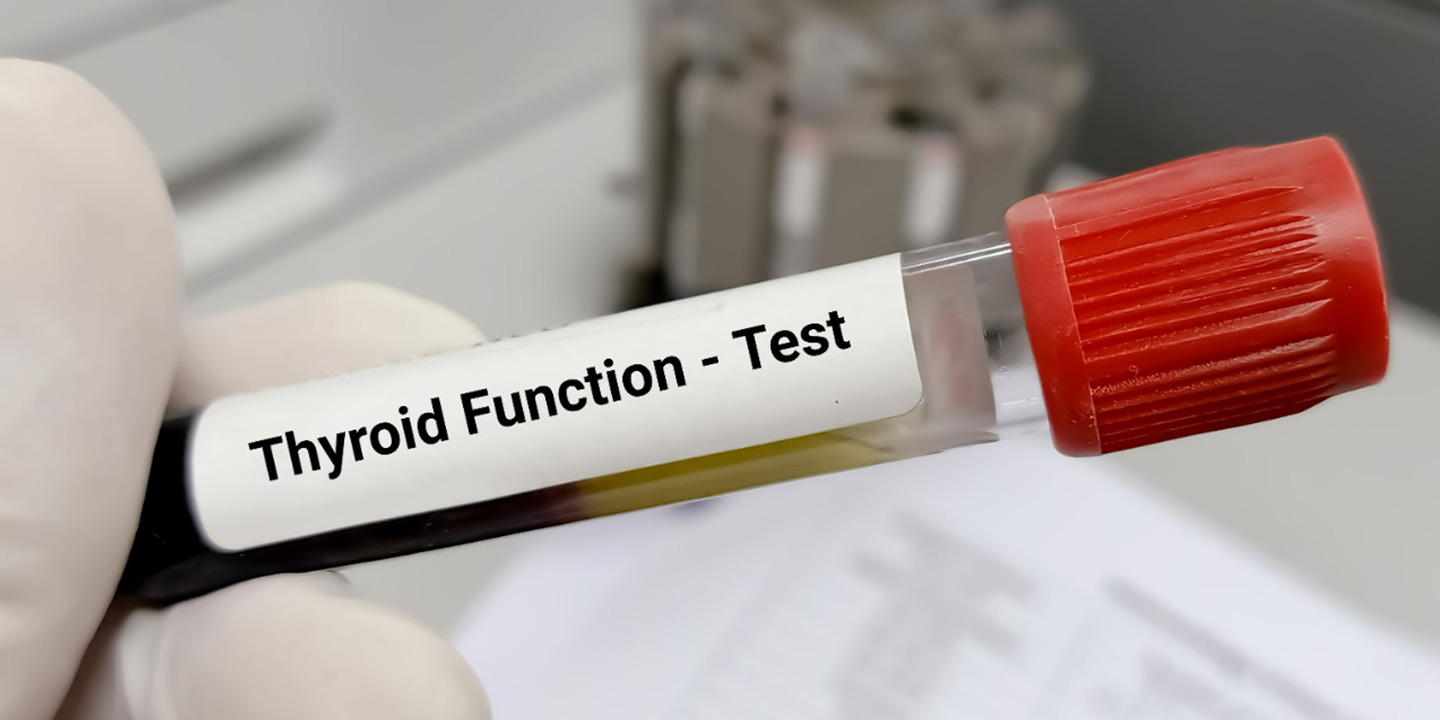Addiction is a complex and challenging disease that affects millions of people worldwide. Overcoming addiction requires not only personal commitment but also professional support. Among the various options available, residential inpatient rehab at an Addiction Treatment Center stands out as one of the most effective approaches for achieving lasting recovery. This article will explore the numerous benefits of choosing residential inpatient rehab for addiction recovery, highlighting why this approach can be a crucial step in reclaiming your life from the grip of addiction.
1. Comprehensive and Structured Care
One of the most significant advantages of residential inpatient rehab is the comprehensive and structured care it provides. Unlike outpatient programs where individuals return to their everyday environments, residential inpatient rehab offers a controlled and supportive setting. This environment is crucial for individuals in the early stages of recovery, as it minimizes distractions and potential triggers that could lead to relapse.
In a residential inpatient setting, patients receive around-the-clock care from a team of professionals, including doctors, therapists, and support staff. This constant support ensures that any medical or psychological issues that arise during the recovery process can be promptly addressed. The structured nature of the program also means that individuals follow a daily schedule of therapy sessions, group activities, and wellness programs, all designed to promote healing and personal growth.
2. Personalized Treatment Plans
Every individual’s journey to recovery is unique, and residential inpatient rehab programs recognize this by offering personalized treatment plans. Upon entering a residential rehab center, patients undergo a thorough assessment to determine their specific needs, including the severity of their addiction, co-occurring mental health disorders, and any other underlying issues.
Based on this assessment, a customized treatment plan is developed, which may include a combination of detoxification, individual therapy, group therapy, family counseling, and holistic therapies such as yoga or meditation. The individualized approach ensures that each person receives the care and attention necessary to address their unique challenges and achieve lasting recovery.
3. Focus on Dual Diagnosis Treatment
Many individuals struggling with addiction also suffer from co-occurring mental health disorders, such as depression, anxiety, or PTSD. This is known as a dual diagnosis, and it requires specialized treatment. Residential inpatient rehab centers are equipped to provide dual diagnosis treatment, addressing both the addiction and the underlying mental health issues simultaneously.
Treating both conditions at the same time is crucial for long-term recovery, as untreated mental health disorders can often lead to relapse. By offering integrated care, residential inpatient rehab centers help patients achieve a more balanced and stable mental state, which is essential for maintaining sobriety.
4. Safe and Supportive Environment
The environment in which recovery takes place plays a significant role in the success of the treatment. Residential inpatient rehab centers offer a safe and supportive environment where individuals can focus entirely on their recovery without the stressors and triggers of everyday life. This separation from the outside world allows patients to immerse themselves fully in the healing process.
Being surrounded by a community of peers who are also on the path to recovery can be incredibly motivating and reassuring. The shared experiences and mutual support found in residential rehab foster a sense of camaraderie and belonging, which can be powerful tools in overcoming addiction. The relationships built during this time often extend beyond the program, providing a lasting support network.
5. Access to Medical and Therapeutic Support
Addiction recovery is not just about stopping substance use; it’s also about healing the mind and body. Residential inpatient rehab centers provide access to medical and therapeutic support, which is essential for addressing the physical and psychological aspects of addiction.
Detoxification is often the first step in the recovery process, and it can be a challenging and uncomfortable experience. In a residential setting, detox is closely monitored by medical professionals who can provide medication and support to manage withdrawal symptoms safely.
Therapeutic support is another critical component of residential inpatient rehab. Through individual therapy, patients work with licensed therapists to explore the root causes of their addiction, develop coping strategies, and set goals for their recovery. Group therapy sessions provide an opportunity to share experiences and learn from others, fostering a sense of community and shared purpose.
6. Longer Duration of Care
One of the key factors in successful addiction recovery is the duration of care. Residential inpatient rehab programs typically offer longer stays compared to outpatient programs, ranging from 30 days to several months. This extended duration allows individuals to fully engage in the recovery process and build a strong foundation for lasting sobriety.
The longer stay in a residential inpatient setting also provides more time for individuals to address the various aspects of their addiction, including the physical, emotional, and psychological components. It allows for more intensive therapy, deeper self-reflection, and the development of healthy habits and coping mechanisms that are essential for maintaining sobriety after leaving the program.
7. Holistic Approach to Healing
Residential inpatient rehab centers often incorporate a holistic approach to healing, recognizing that addiction affects the whole person—mind, body, and spirit. In addition to traditional therapies, many residential programs offer complementary therapies such as yoga, meditation, art therapy, and nutrition counseling.
These holistic practices are designed to promote overall well-being and help individuals reconnect with themselves in a positive and meaningful way. For example, yoga and meditation can reduce stress and anxiety, while art therapy provides a creative outlet for expressing emotions. Nutrition counseling helps individuals restore their physical health and develop healthy eating habits that support recovery.
8. Preparation for Life After Rehab
One of the primary goals of residential inpatient rehab is to prepare individuals for life after the program. Recovery is an ongoing process, and the transition from a structured rehab environment to everyday life can be challenging. Residential programs often include aftercare planning as part of the treatment process.
Aftercare planning may involve setting up ongoing therapy sessions, connecting patients with support groups, or providing resources for sober living environments. The aim is to equip individuals with the tools and support they need to maintain their sobriety and continue their recovery journey after leaving the residential treatment center.
9. Building a Strong Support Network
Support is a vital component of the recovery process, and residential inpatient rehab centers emphasize the importance of building a strong support network. In a residential setting, individuals have the opportunity to form close bonds with their peers, therapists, and support staff. These relationships can provide invaluable encouragement and guidance, both during and after the treatment program.
In addition to peer support, many residential programs offer family therapy sessions to help repair and strengthen relationships that may have been damaged by addiction. Involving loved ones in the recovery process can foster understanding, improve communication, and create a more supportive home environment, which is essential for long-term recovery.
10. Focus on Long-Term Recovery
Residential inpatient rehab centers are not just focused on helping individuals achieve sobriety; they are also committed to supporting long-term recovery. This focus on long-term success is reflected in the comprehensive care provided during the program and the emphasis on developing healthy habits and coping strategies that will sustain recovery after the program ends.
Many residential inpatient rehab centers offer ongoing support and resources, such as alumni programs, to help individuals stay connected and continue their recovery journey. These programs often include regular check-ins, support groups, and access to therapy or counseling services, ensuring that individuals have the support they need to maintain their sobriety in the months and years following treatment.
Conclusion
Choosing residential inpatient rehab for addiction recovery offers numerous benefits that can make a significant difference in achieving lasting sobriety. From comprehensive and personalized care to a safe and supportive environment, residential rehab provides the structure and support necessary for overcoming addiction. By addressing both the physical and psychological aspects of addiction, offering a holistic approach to healing, and preparing individuals for life after rehab, residential inpatient treatment centers play a crucial role in helping people reclaim their lives from addiction. If you or a loved one is struggling with addiction, considering a residential treatment center could be the first step toward a healthier and more fulfilling life.














